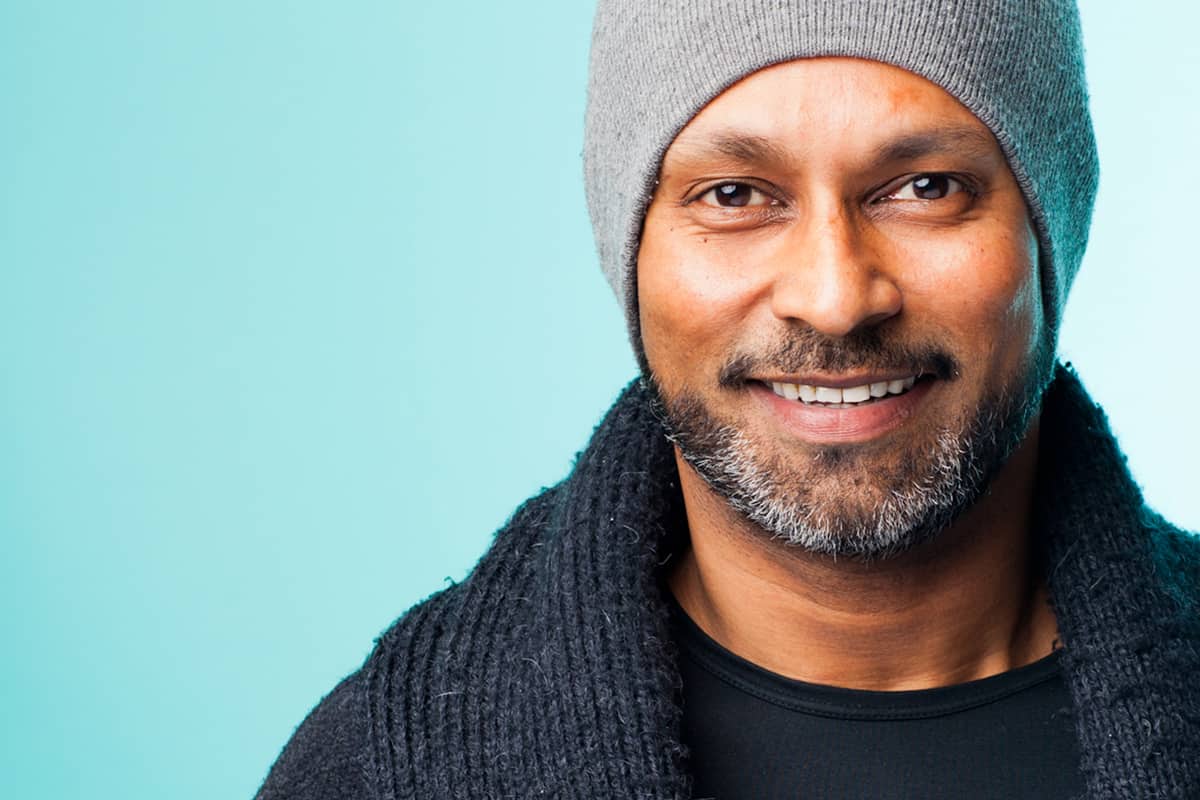I f there’s one thing that Darbar is known for, apart from the calibre of the artists it features, it is its ability to keep people on their toes. This year, for the first time, Darbar collaborated with none other than Akram Khan to fill Sadler’s Wells with the finest Indian classical music and dance in November. The line-up includes Aditi Mangaldas (kathak), Mythili Prakash (bharatanatyam), Dheerendra Tiwari (kathak), Mavin Khoo (bharatanatyam) and Seeta Patel (bharatanatyam). The programme speaks loudly about Darbar’s ambitious attitude towards risk, with celebrated younger artists featured alongside established maestros, back-to-back performances of music and dance, and lengthy concerts that continue into the night as well as morning recitals that allow ragas to be presented at their prescribed time of day. It’s risky because it may be asking too much of audiences that might not be so accustomed to engaging with the sheer volume of this particular genre of art that is incredibly immersive. Will people be able to absorb these artists at their absolute best for hours on end? I had to get the inside story directly from the man who was brought in to take this new step and bring dance to Darbar.
“My home is in the contemporary world but my roots are in the classical world,” Akram begins when I ask him how the collaboration first came about. Sandeep Virdee, Darbar’s Artistic Director, approached Akram in the hope that he could be a bridge between the two worlds of Indian classical music and dance and find a way that they could co-exist within a particular vision. That vision was about the aesthetics of the presentation and creating a transformative experience rather than a standard recital. It was about theatre.
“Like Sandeep, I’m interested in the artists that haven’t come from grand lineages because an art should belong to anyone. We were looking for artists that work hard and are devoted to their art form.” Darbar has always been a platform to present excellent artists, even if they’re relatively unfamiliar to audiences in the UK. In a way, Akram wanted to ensure that these voices were also being brought forward in dance, with performances from Dheerendra Tiwari and Mythili Prakash.
“I want the younger generation to not only be inspired but to experience the immense amount of hard work and dedication that it takes to achieve such a level. When these artists perform, this is what it looks like to dive into it and lose yourself in it, bleed for it and become obsessed with it. Not for fame, but where it’s not about the result, it’s about the process.” Akram spoke a lot about devotion and commitment to craft but also recognised how problematic such a career path can be in today’s world.
“There should be more opportunities for young people who want to devote themselves to a classical Indian dance form. I sympathise with them; I feel the pressure that young people are under. Nowadays you have to be so many things for so many people. I have a lot of respect for young people who are trying to get through, it’s very hard. Many things have to be ‘contemporary’ now,” Akram acknowledged. He didn’t want to oversimplify the issue but would rather open up the question about support for Indian classical artists for debate. Wealthy patrons and Indian philanthropists were mentioned as well as bursaries for ongoing development for artists but Akram is adamant that he doesn’t have all the answers.
“How many times a year can you perform Indian classical dance around the world? Which venues are going to take you? Indian classical dance asks the core, fundamental questions about human beings and their relationship with the world. There needs to be more of a balance against commercial work,” Akram adds. He sees Darbar as a way of restoring this balance.
When I ask him how he feels about featuring in the festival he shies away and says that he would rather give the space to others. But with pressing requests from Alistair Spalding and Sandeep Virdee, he agreed to present a short solo on the opening evening. “It’s nice to test myself in the context of this festival, and it gives me a purpose of a space where I can explore the boundaries of kathak,” Akram says. Indeed, Akram has always pushed himself, as well as the art form.
It’s certainly exciting to see what impact Darbar and Akram’s collaboration will have on audiences this year. Hopefully they will continue to use their power and influence to address the issues about support for Indian classical musicians and dancers in the UK, and as well as open doors, keep them open for others to enter too.
